
Is my Honey the Real Deal?
You may be surprised to learn that not all honey is created equal, as adulterated honey has become a significant issue in today’s market. This type of honey often contains cheap additives that compromise its quality and potential health benefits. Understanding the impacts of adulterated honey is vital for making informed choices that support sustainable practices and ensuring you enjoy the true taste and benefits of pure honey. In this post, we will explore the effects of adulterated honey and provide you with effective tips to identify pure honey for your needs.
Understanding Adulterated Honey
Your awareness of adulterated honey is important for making informed choices about what you consume. Adulterated honey not only fails to deliver the nutritional benefits of pure honey, but it can also pose health risks, making it vital for you to understand its implications.
Definition and Types of Adulteration
- Adulterated honey has been mixed with cheaper sweeteners.
- Common adulterants include corn syrup, sugar, and glucose.
- Producers may dilute their honey to increase profits.
- Some types of adulteration can be tough to detect.
- Assume that you’re buying low-quality honey if these factors are present.
|
Type of Adulteration
|
Commonly Used Substances
|
|---|---|
|
Sweetener Dilution
|
Corn syrup
|
|
Added Sugars
|
Glucose
|
|
Syrup Mixing
|
High fructose corn syrup
|
|
Contamination
|
Artificial flavoring
|
|
Color Additives
|
Caramel coloring
|
Health and Environmental Implications
Before purchasing honey, it's important to consider the serious health and environmental implications of adulterated honey. Adulterated honey can lead to allergic reactions and digestive issues, as the artificial additives may not be safe for consumption.
In fact, the negative impacts of adulterated honey extend beyond individual health. The production of counterfeit honey contributes to unethical practices, harming bee populations and disrupting ecosystems. These issues create a cycle of decline for both the environment and the reputable honey producers who adhere to sustainable practices. Supporting the sale of pure honey reinforces sustainable beekeeping, ultimately protecting both your health and the environment.
Economic Impact on the Honey Industry
One significant consequence of adulterated honey in the market is the economic strain it places on genuine honey producers. As cheap, diluted honey floods the shelves, these committed beekeepers struggle to compete, facing financial pressures that could jeopardize their livelihoods. This scenario not only threatens the existence of authentic honey businesses but also impacts the overall sustainability of beekeeping practices.
Challenges Faced by Genuine Producers
On a daily basis, genuine honey producers encounter numerous challenges due to the influx of adulterated honey. Competing with counterfeit products often leads to lower sales and reduced profit margins, forcing ethical beekeepers to reassess their operational strategies while striving to maintain quality. Many are pushed to the brink of financial instability, threatening their sustainability and the health of bee populations.
Consumer Trust and Market Dynamics
By purchasing adulterated honey unknowingly, you not only harm your health but also contribute to the decline of consumer trust in the honey industry. The revelation that you’ve been buying compromised products can lead to reluctance in paying premium prices for authentic honey. This mistrust affects market dynamics, as genuine producers struggle to justify their higher prices amid a market flooded with cheaper alternatives.
Hence, consumer trust plays a pivotal role in the honey market's dynamics. When you discover that you've been consuming adulterated honey, your confidence in the product diminishes, leading to lower consumption levels. This decline can result in a reluctance to support legitimate producers who prioritize sustainability and quality, ultimately affecting the entire industry. Your informed purchasing decisions are vital to restore trust and encourage the demand for pure honey, benefiting both producers and the environment alike.
Methods for Identifying Adulterated Honey
Clearly, distinguishing between pure and adulterated honey is important to ensure you are consuming a product that maintains its nutritional benefits and supports ethical practices. Several methods can aid you in identifying the authenticity of honey, from simple home tests to examining labels and certifications that guarantee purity and quality.
Home Testing Techniques
For a hands-on approach, you can conduct simple home tests to assess your honey's purity. The water test, thumb test, and heat test are effective methods. By employing these techniques, you can quickly determine whether the honey you purchased is genuine or diluted with cheaper sweeteners.
Labels and Certifications to Look For
Honey labels and certifications play a significant role in guiding you toward pure honey. Look for indicators such as USDA Organic, True Source Certified, or endorsements from reputable beekeeping associations. These certifications help ensure that you are buying honey free from adulteration.
At the same time, be aware of specific certifications that are vital for particular types of honey, such as Manuka honey. Genuine Manuka honey will specify its MGO rating, whether it is monofloral or multi-floral, and be traceable to its source. Observing these details can help you avoid adulterated honey and support sustainable practices.
Special Considerations for Manuka Honey
To ensure that you’re purchasing authentic Manuka honey, it’s necessary to understand its unique qualities and the importance of proper sourcing. Given its popularity and high market value, Manuka honey is particularly susceptible to adulteration. Being aware of its distinct characteristics and certifications can aid you in making informed decisions while shopping.
Characteristics of Authentic Manuka Honey
Manuka honey is identifiable by its origins in New Zealand and its unique MGO (methylglyoxal) rating, which indicates the potency of its antibacterial properties. Look for certifications stating whether the honey is monofloral or multi-floral, as these terms are defined by the New Zealand Government and reflect the quality of the product.
Importance of Traceability
Any genuine Manuka honey should come with traceability to ensure its authenticity and sourcing integrity. This means you can verify the honey’s origin and confirm that it is produced according to strict quality standards.
Considerations for purchasing honey include understanding the significance of traceability, which allows you to confirm that what you’re buying is indeed pure. By opting for honey that provides clear sourcing information, you not only protect your investment but also support sustainable beekeeping practices. Access to traceability can help you avoid products that may be diluted or adulterated, ensuring your honey retains its health benefits.
Legal and Regulatory Framework
Despite the challenges posed by the adulteration of honey, various regulations aim to protect consumers and promote genuine honey production. In the United States, the Food and Drug Administration has established guidelines defining what constitutes pure honey. However, enforcement is often complex due to the global honey trade, meaning you should be aware of the regulations that apply in your region to make informed choices.
Global Standards and Regulations
Between the United States and the European Union, regulations vary significantly in how honey is labeled and classified. The EU has implemented stringent rules regarding honey quality, which have effectively reduced the prevalence of adulterated honey in its markets. By understanding the standards that apply to your region, you can better assess the honey products available to you.
Organizations Fighting Adulteration
Between numerous entities dedicated to combating honey adulteration, organizations like the Codex Alimentarius Commission work toward harmonizing international honey standards. These organizations strive to establish clearer guidelines to safeguard honey consumers, thereby ensuring that you can trust the products you purchase.
Also, initiatives from local beekeeping associations focus on educating consumers about honey purity and supporting sustainable practices. By working collectively, these organizations enhance transparency in the honey market and advocate for stricter enforcement of quality standards. You can play a role in supporting these efforts by choosing honey products that are certified and traceable, ultimately contributing to a healthier ecosystem for bees and consumer trust.
Consumer Actions Against Adulteration
Many consumers can take active steps to combat the prevalence of adulterated honey and promote the market for genuine honey. By educating yourself about the characteristics of pure honey and supporting ethical producers, you can contribute significantly to a more sustainable honey industry.
Making Informed Purchasing Decisions
Making informed purchasing decisions begins with recognizing reliable labels and certifications such as USDA Organic and True Source Certified on honey products. When buying, consider sourcing honey directly from local beekeepers or farmers’ markets, as this increases the likelihood of finding pure, authentic honey.
Supporting Sustainable Practices
Against the backdrop of honey adulteration, you have the power to support sustainable practices in the industry by choosing honey from reputable sources. Your purchasing decisions can directly influence the market demand for high-quality honey and encourage ethical beekeeping practices that benefit the environment.
Adulteration not only compromises the quality of honey but also threatens the livelihoods of authentic beekeepers dedicated to maintaining sustainable practices. By opting for products that are traceable to their source and support qualities like organic certification, you help create an economic atmosphere where ethical beekeeping can thrive, ultimately protecting bee populations and ecosystems. Your choices matter in preserving the integrity of the honey market.
Final Words
On the whole, understanding the impacts of adulterated honey and how to identify pure honey empowers you to make informed choices that support sustainable beekeeping practices. By employing simple tests and selecting reputable sources, you can enjoy the genuine health benefits of honey while contributing to a healthier environment for bees and the ecosystem. Your purchasing decisions matter, and by prioritizing authenticity, you play a vital role in preserving this cherished natural resource.
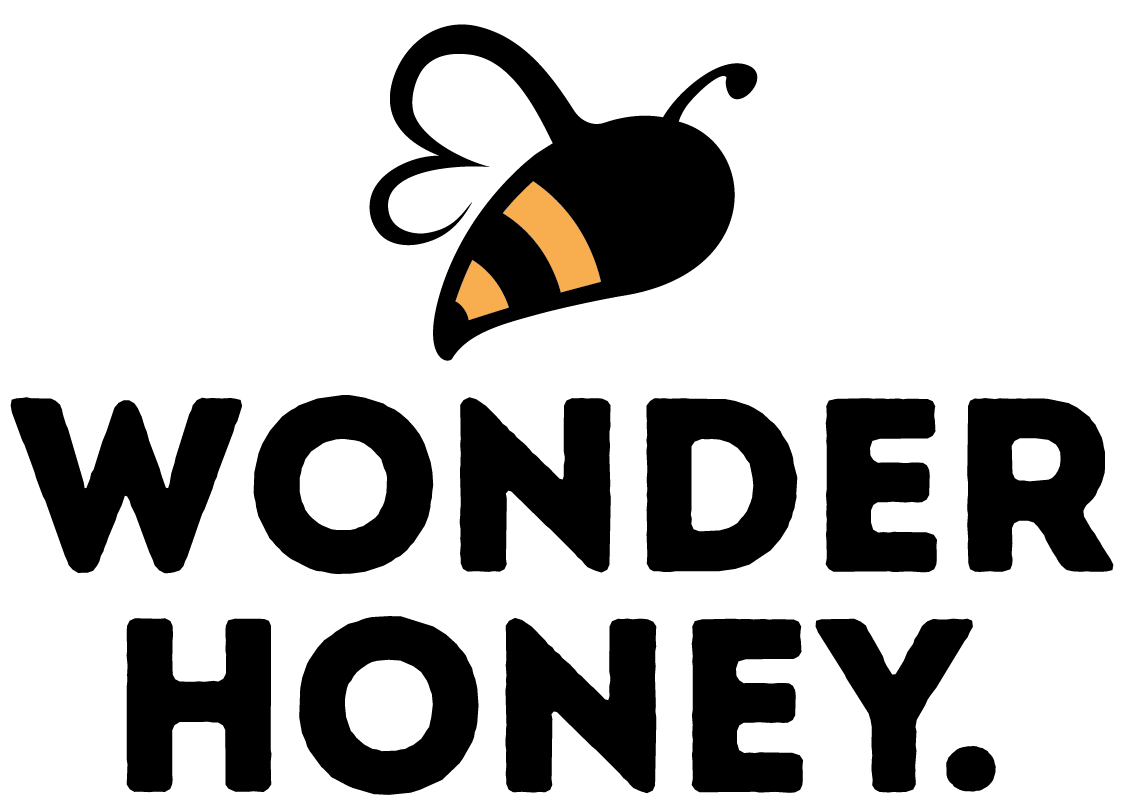
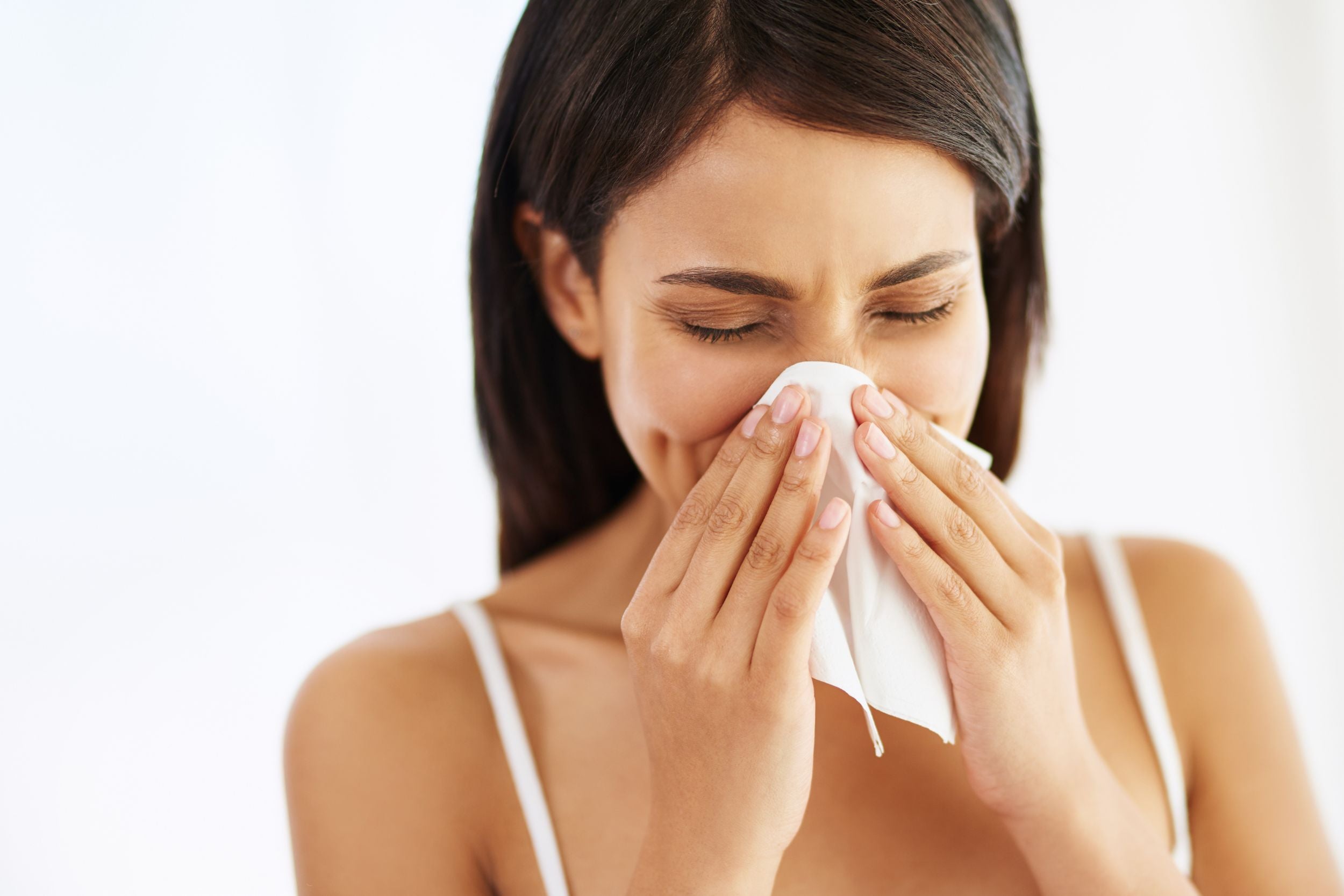

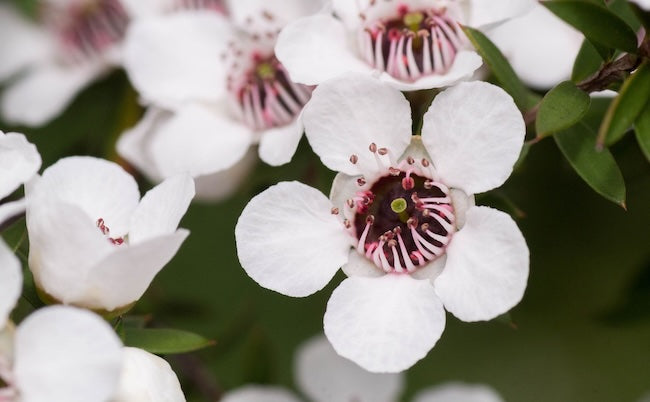
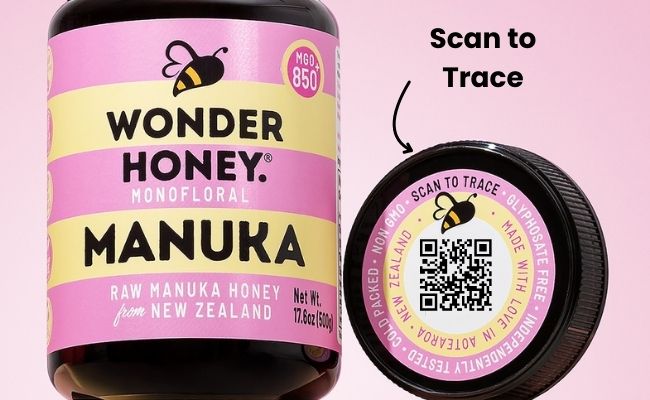


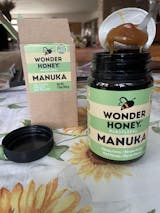
Leave a comment
This site is protected by hCaptcha and the hCaptcha Privacy Policy and Terms of Service apply.